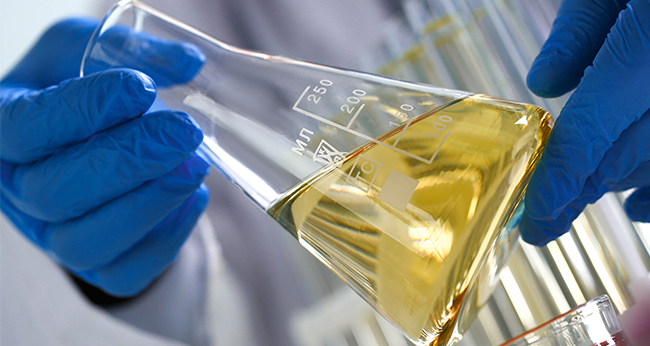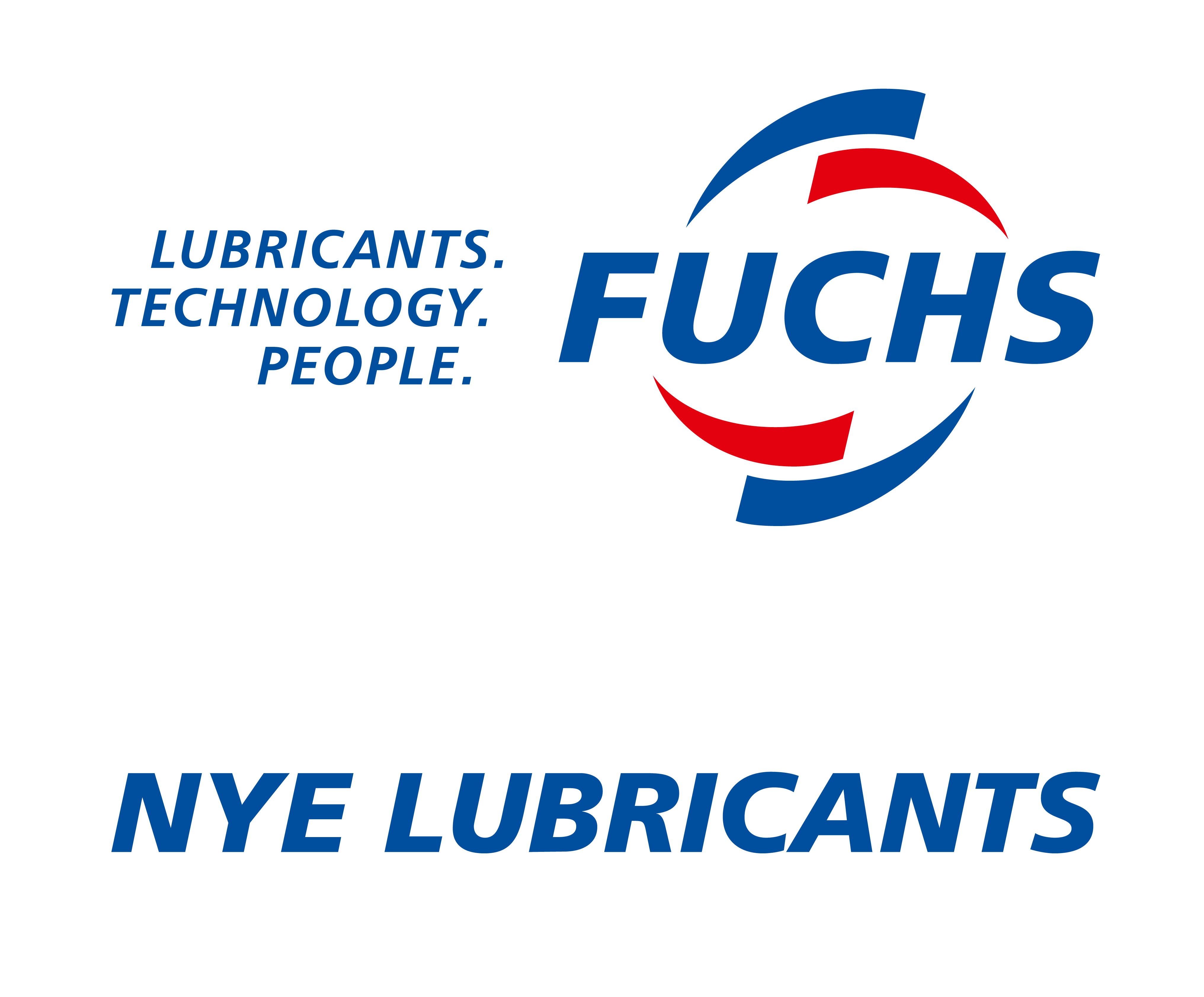Additives
A grease typically consists of three components: base oils, thickeners, and additives. Additives are formulated into a grease or oil to target specific performance characteristics including oxidative stability, wear and corrosion resistance, and load-handling ability, just to name a few. Our formulation experts ensure our lubricants are tailored for optimum performance in your application.

The targeted performance characteristics can be achieved with specific additive families that serve independent and secondary functions. Examples of additive classes are described below:
Many synthetic lubricants, especially hydrocarbon-based lubricating oils, are susceptible to degradation by oxygen. Oxidation is the major cause of oil thickening and the formation of sludge and varnish in many applications. Antioxidant additives increase the oxidative resistance of the base oil which prolongs the life of a lubricant. Antioxidants allow lubricants to operate at higher temperatures.
Extreme Pressure and Antiwear additives both function by creating a protective layer via a chemical reaction on the metal surface.
Antiwear additives are generally used under mild conditions of low loads and high speeds to reduce the rate of continuous and moderate wear. The additive helps coat the application surface to protect the metal from wear over time.
Extreme Pressure additives are usually used under heavier loads, at high temperatures and low speeds to prevent catastrophic failure or seizing of the components.
Corrosion inhibitors slow the corrosion process of metal components. The inhibitors form an inactive film on the metal surface by complexing with metallic ions at the surface. Some corrosion additives work by neutralizing corrosive acids formed from oil and additive degradation byproducts.
Electrochemical corrosion involves the reaction of ferrous (iron-based) metal or its alloys in a two-step process in the presence of an electrolyte, most typically water or moisture. The result of this reaction is commonly known as rust. Rust inhibitors are added to a grease or oil to slow corrosion of iron alloys. These additives physically adsorb onto the metal surface, blocking the surface of the metal from the effects of water, acids and air that would result in rust.

